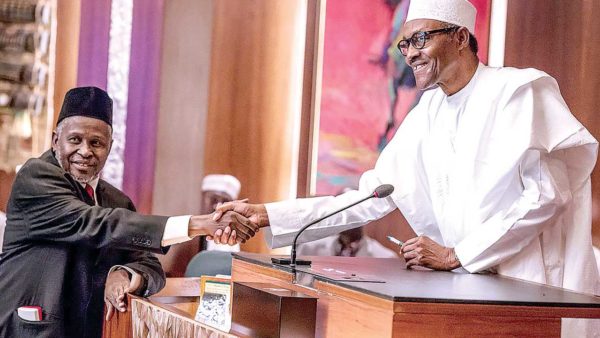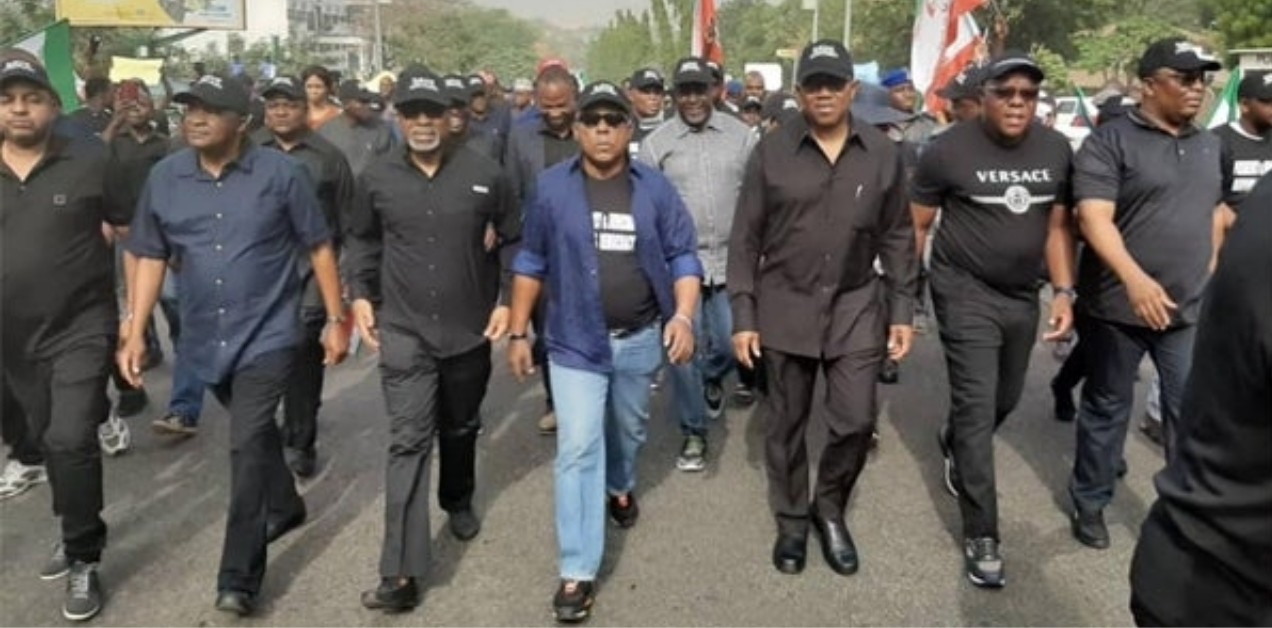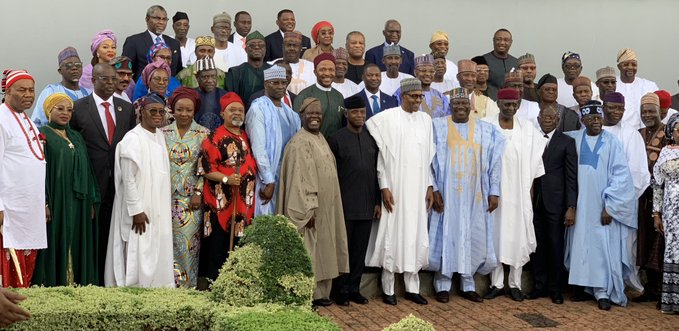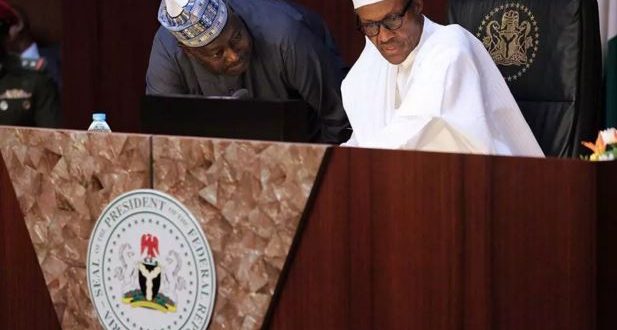Since the January 14, 2020, Supreme Court judgement removing former Governor Emeka Ihedioha and planting APC’s Senator Hope Uzodinma as Governor of Imo State, there had been reverberation of thoughts and associated reasoning based on facts.
Already, legal luminaries had smoked out fresh grounds of appeal and also, mathematical lacuna which the Supreme Court needs to address.
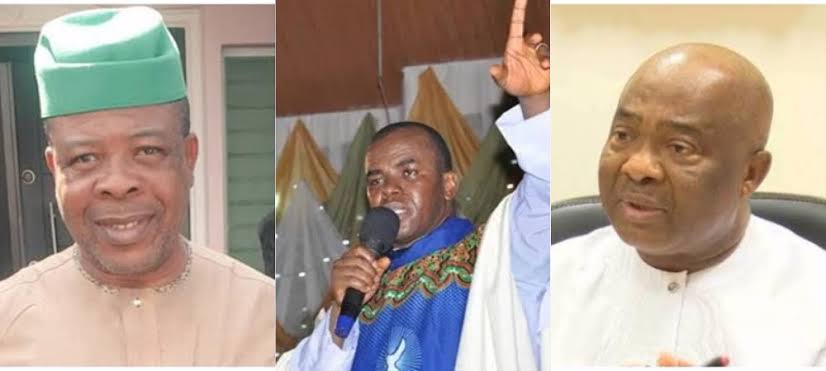 Hereunder are some of the issues the apex court must review to fully assume the rank of infallibility it constitutionally is.
Hereunder are some of the issues the apex court must review to fully assume the rank of infallibility it constitutionally is.
- Uzodinma was not APC candidate & was not a candidate of any party in the 9th March Governorship election in Imo State based on the judgement of the same Supreme Court on 20th December 2019.
- Uche Nwosu was declared as the rightful candidate of APC & AA and was disqualified for double candidature.
- APC couldn’t have produced 2 candidates in one election.
- Supreme Court has no powers to allocate votes to any candidate.
- Supreme Court has no power to increase the number of people accredited by INEC.
- Somebody that was not a candidate cannot be winner of an election he was not a candidate.
- Nigerian Police have no powers to organize elections in Nigeria.
- Results tendered by a police officer cannot be admitted in any court as exhibit as he was not INEC officer.
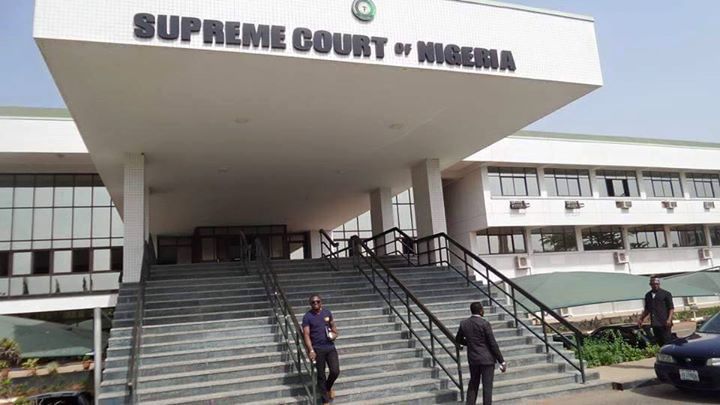
Beyond the pool of veiled factors and trending unconfirmed happenstances trailing the grounds of the ruling, experts say the above facts may be chances for possible review after all.
However, on Friday, January 24, 2020, the embattled Supreme court released the details of the controversial Imo Judgment that saw former Gov. Ihedioha of Imo state replaced with the APC candidate; Gov. Hope Uzodinma.
The released judgment defence has drawn wide criticism from many Nigerians and it also shows a lot of contradictions and wrong calculations by the Supreme Court according to legal experts.
Already, the Opposition have consistently questioned the integrity and qualification of the Chief Justice of Nigeria; Justice Tanko Mohammed, who has so far set a terrible precedent by declaring election petition judgment in the case of Atiku Abubakar Vs Buhari, based on technicality, instead of declaring a judgment that reflects fairness and the wish of the Nigerian voters.
Analysts say the Supreme Court released details were riddled with wrong calculations and contradictions. Hope Uzodinma of the APC had claimed that he won elections in some fictitious 388 polling units, and also presented results from those polling units. Note that the INEC lawyers denied knowledge of the results and its origin, while the APC candidate presented only 28 witnesses to collaborate that the 388 polling units existed.
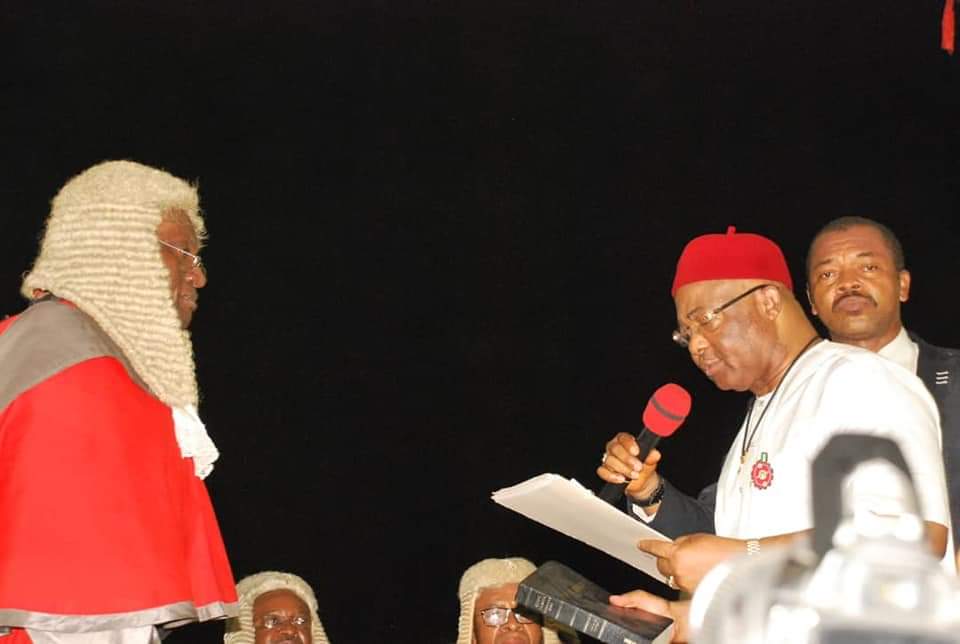
One of the APC Witnesses was a policeman, who revealed under cross-examination, that he did not see the results on Election Day, and he was not also at the polling units during the election.
Observers say with these facts presented, one wonders how and why the Supreme Court adopted the “fake results” presented by the APC candidate without any serious verification, especially since the umpire in that election; INEC, denied it under oath.
Whereas in the case of Atiku Vs Buhari, the same Supreme Court ruled that Atiku must present witnesses in all the polling units where he claimed malpractice took place, and the witnesses must be people that saw the election results and even signed it. The Supreme Court relied on this to dismiss Atiku’s case, even though he presented over 70 witnesses to back up his claim.
Lawyers say from the details of the judgment released, we could easily see that the results Hope Uzodima Presented were fake because, at some of the polling units, the number of total votes was higher than the total number of registered voters. The discrepancies are too much to ignore. The results also show that other political parties did not participate in elections in those polling units as they all scored zero.
